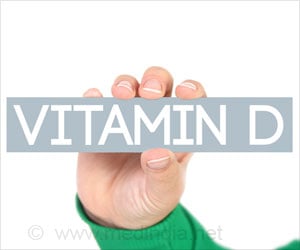Popular breakfast cereals, including those for children, are becoming increasingly unhealthy, studies conducted have revealed.
Most contain more salt than in readily available salted crisps, or contain as much sugar as a bar of chocolate. Some cereals contain the same amount of fat as pork sausages, two fried eggs or a McDonald's McBacon Roll. Two leading brands were found to contain as much as 55 percent sugars.A study conducted by a consumer group give rise to serious questions about the impact on health of these big brand cereals. It surveyed 275 leading brands and rated them according to the traffic light labeling system, devised by the Food Standards Agency (FSA).
The FSA wants cereal manufacturers and other processed food firms to use traffic light labels to help families make healthier choices. The system relies on color (red, amber and green) coded logos on the packs, to identify a product based on its fat, sugar and salt content.
Eighty eight percent of the children’s cereals were high in sugar, thirteen per cent in salt and ten per cent in saturated fat. Quaker Oatso Simple Kids, Kellogg's Coco Pops Straws and Mornflake Pecan and Maple Crisp, were the worst offenders, all of which get red lights for sugar and saturates.
Some cereal manufacturers and retailers, including Asda, insisted that the sugar content in their products was often due to the use of fruits, rather than sugar.
Despite projecting a healthy image, Kellogg's All-Bran and Morrisons Right Balance were particularly high in salt with All-Bran having 2.25g salts per 100g, and Right Balance containing 1.75g salts per 100g.
Nestle’s Golden Grahams contained salt, which is higher than a pack of ready salted crisps.
Advertisement
The food industry has, so far, rejected the FSA’s labeling proposals. They have come forth with a more complex alternative.
Advertisement








